Winter is most definitely here, and most of us can get a bit down about the dark mornings, the poor weather and perhaps even the impending need to do the Christmas shopping!
But for some people, the change in mood as we enter winter is much more pronounced. This is Seasonal Affective Disorder (SAD) and it affects around 10% of the population of the UK. The further north you go, the worse it gets due to the shorter daylight hours. So living in Aberdeen is likely to make SAD more of a risk.
The symptoms of SAD are like regular depression and can include:
- a persistent low mood
- a loss of pleasure or interest in normal everyday activities
- irritability
- feelings of despair, guilt and worthlessness
- feeling lethargic (lacking in energy) and sleepy during the day
- sleeping for longer than normal and finding it hard to get up in the morning
- craving carbohydrates and gaining weight
SAD appears to occur because of lack of light, which disrupts the regular chemical production in the brain. The two chemicals most impacted are melatonin and serotonin. Melatonin is the “sleepy chemical” and SAD sufferers tend to produce an excess in winter. Production of serotonin, which is our “happy chemical”, reduces.
What can you do if you suffer from SAD?
The first thing that can be done is to increase your exposure to light. Light therapy via SAD lamps is popular but getting outside even on an overcast day is likely to be more beneficial. The National Institute for Chemical Excellence (NICE) have stated that the effectiveness of lamps is not clear. The advice from the NHS is to maximise your exposure to daylight wherever possible. Go for a walk at lunchtime, sit near a window, put your coat on and have your morning coffee in the back garden.
In previous blogs, we’ve talked about how to increase your serotonin levels by maximising your “three positives”, which are positive activity, positive interaction and positive thinking.
Positive activity doesn’t have to be running half marathons, but just something that gets you moving. Just going for a walk is great – you’re also getting exposure to daylight while you’re walking.
Positive interaction just means seeking out opportunities to connect with your friends, family or engage in small talk with your colleagues. We have evolved to create serotonin when we do this, as we were safer in tribes than as individuals and so are rewarded with a sense of wellbeing when we foster relationships. So, perhaps contact that friend you haven’t seen in too long and invite them out for a Christmas coffee. It’s important that the interaction is positive, so if office parties are your worst nightmare…you can say “no thanks”.
Positive thinking can be the toughest nut to crack as our brains are designed to focus on problems. But, the simple act of asking yourself “What’s been good about my day?” and giving yourself a couple of minutes to come up with three good things can help the serotonin flow.
And, believe it or not, spring does reappear!

Recent Comments